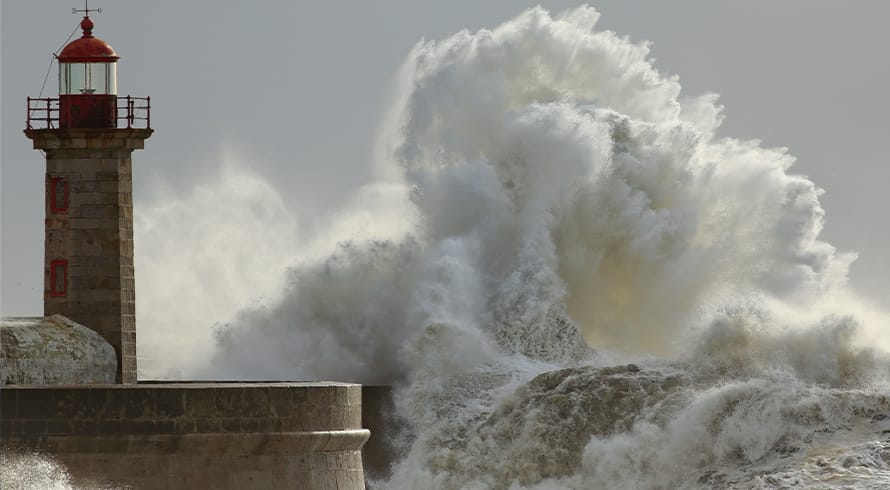Further steps taken away from requisite waste management licensing
The movement away from WML requirements for certain listed waste management activities initially commenced in November 2013, with the enactment under NEMWA of the List of Waste Management Activities that have or are likely to have a Detrimental Effect on the Environment (WML List). The WML List removed WML requirements for certain listed waste management activities and included them under a Category C, which only requires compliance with National Norms and Standards relevant to the particular waste management activity.
The Minister of Environmental Affairs recently published draft amendments to the WML List, which propose that sorting, shredding, grinding, crushing, screening or bailing of general waste (Item 3(2) Activity) be removed from Category A and added as a Category C waste management activity. Draft Norms and Standards for the Item 3(2) Activity (Item 3(2) Draft Norms and Standards) have also been published. If these draft amendments and the Item 3(2) Draft Norms and Standards are promulgated, entities wishing to undertake the Item 3(2) Activity will no longer require a WML, but will only need to comply with the Draft Item 3(2) Norms and Standards.
The Draft Item 3(2) Norms and Standards propose that the location, construction, design and operation of, and access to, the waste facilities for an Item 3(2) Activity must comply with its provisions. They furthermore propose the preparation of an emergency preparedness plan; monitoring and inspection of the waste storage facilities and storm water containment systems; bi-annual internal and external audit reports; and compliance with decommissioning standards when waste facilities cease operation.
If the Draft Item 3(2) Norms and Standards are promulgated, operators planning to commence an Item 3(2) Activity, or those already conducting an Item 3(2) Activity, will have 90 days to register their waste facility with the relevant provincial authority. Any waste facility already registered in terms of National Norms and Standards for Storage of Waste need not re-register. It is furthermore proposed that any entity who has been lawfully operating a waste facility for an Item 3(2) Activity under a WML prior to the date coming into effect of the Draft Item 3(2) Norms and Standards will have to comply with the WML until its expiry, where after compliance with the Draft Item 3(2) Norms and Standards will become mandatory.
Failure to comply with the Item 3(2) Norms and Standards would constitute a criminal offence under NEMWA, for which a maximum fine of R5 million may be imposed.
The DEA has publicly announced that the movement to reduce the number of licensing requirements for certain waste management activities is set to continue.
The South African environmental legislative framework is generally considered to be overly-regulated, requiring far too many licences from various authorities at different levels of government, often for the same activity. This is extremely costly and entities struggle to navigate a complex licensing framework. The removal of licensing requirements where the environmental impacts are not likely significant is, therefore, a welcomed development.
Comments to the draft amendments to the WML List and the Draft Norms and Standards may be submitted before 16 May 2017.
The information and material published on this website is provided for general purposes only and does not constitute legal advice. We make every effort to ensure that the content is updated regularly and to offer the most current and accurate information. Please consult one of our lawyers on any specific legal problem or matter. We accept no responsibility for any loss or damage, whether direct or consequential, which may arise from reliance on the information contained in these pages. Please refer to our full terms and conditions. Copyright © 2026 Cliffe Dekker Hofmeyr. All rights reserved. For permission to reproduce an article or publication, please contact us cliffedekkerhofmeyr@cdhlegal.com.
Subscribe
We support our clients’ strategic and operational needs by offering innovative, integrated and high quality thought leadership. To stay up to date on the latest legal developments that may potentially impact your business, subscribe to our alerts, seminar and webinar invitations.
Subscribe




